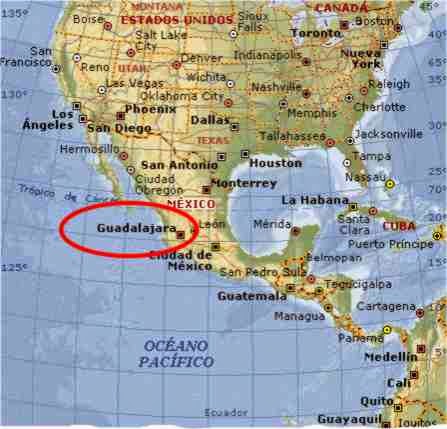To extend a metaphor to higher education, the faculty community and the staff community at an institution can sometimes feel like two distinct nations. Traditionally, each community tends to have their own rules and their own leadership. Each community tends to draw a boundary circumscribed by the classroom, whether inside or out. The mission of the faculty tribe is student learning. The mission of the staff tribe is student persistence/completion. In the worst of times, the international relations between the faculty community and the staff community is perceived as a zero-sum game.
At my institution, I co-chair our Persistence and Completion Committee. From the outset, the committee included “transnational” actors from across the faculty and staff communities. Forming an epistemic community is not as easy as seating faculty and staff members at the same table, however. An epistemic community requires a common point of knowledge expertise. It requires framing an issue in such a way that diverse perspectives are focused on a shared goal. Through open and honest conversations over the period of our first 15 months as a committee, we came to construct a narrative of student success in which student learning, persistence and completion are interdependent. A student must persist to continue learning. A mastery of learning is completion. Student learning, persistence and completion happens inside and outside of the classroom. Though our tribal activities may specific, our global destiny is shared. We became a trans-institutional network of knowledge-based experts who help decision-makers to define and address student success.
Like most human enterprises, interpersonal relationships were at the heart of our success in bridging the faculty-staff divide. We started with a small group of people from many different parts of the college and got to know each other. We each brought our perspective to challenging discussions. We built mutual trust and appreciation. We struggled together to create a wider and more inclusive frame of reference. And now the members of our epistemic community are well-positioned to return to their respective tribe and share our narrative of student success.
Cultural change at the institutional level is incremental. Not everyone will be swayed by our idealism of a common pool. But by bringing together a diversity of individuals to provide a trans-institutional reframing of our various roles in a shared endeavor, we move toward greater collaboration and more porous boundaries.
.jpg)
